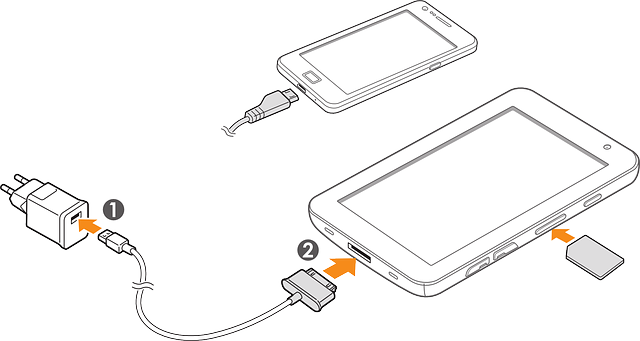Burlington, NC residents face scams targeting personal info and finances via impersonation, prize scams, and urgent service offers. Protect yourself by staying informed, discussing suspicious calls, consulting a lawyer specializing in unwanted call cases in NC, knowing your rights against telemarketing scams, using call-blocking apps, enrolling in "Do Not Call" lists, and hiring legal counsel for expert guidance on reporting scams.
In today’s digital age, unwanted call scams have become a prevalent concern in Burlington, NC. Educating your family about these insidious schemes is paramount to safeguarding your loved ones. This article guides you through recognizing common scams targeting North Carolina residents, understanding your legal rights against unsolicited calls, and taking proactive measures to fortify your family from these deceptive tactics. For expert assistance tailored to local laws, consult a lawyer specializing in unwanted call cases in NC.
Recognize Common Scams Targeting NC Residents

In Burlington, North Carolina, residents often fall prey to various scams, including unwanted call schemes that target personal and financial information. Recognizing common scams is the first step in protecting yourself and your family. One frequent tactic involves impersonation, where scammers pose as government officials or legal representatives, urging immediate action with threats of arrest or fines. They may claim there’s a problem with your tax return or an outstanding warrant, demanding you pay a fee immediately over the phone.
Another prevalent scam involves prize or lottery scams, where individuals receive calls claiming they’ve won a large sum of money but must first pay taxes or fees to claim their prize. Scammers also target seniors, preying on their fear and loneliness with offers of affordable home services or medical care, often accompanied by urgent requests for payment. Staying informed about these tactics and encouraging open dialogue about suspicious calls can go a long way in keeping your family safe from unwanted call scams. Consider consulting a lawyer for unwanted call NC if you suspect any fraudulent activity.
Understanding Legal Rights Against Unwanted Calls

In North Carolina, there are strict laws in place to protect residents from unwanted phone calls, commonly known as telemarketing scams. These laws give individuals powerful legal rights when it comes to dealing with persistent or harassing calls. If your family in Burlington has been experiencing a surge of such calls, understanding these rights is a crucial step towards taking action.
If you feel that your privacy has been invaded and the calls are unwanted, you may consider seeking legal counsel from a lawyer specializing in unwanted call cases in NC. They can guide you through the process of filing a complaint with state authorities and help block future calls. It’s important to remember that you have the right to refuse certain types of telemarketing calls and to be free from harassment or threats associated with them.
Proactive Measures to Protect Your Family from Scams

To protect your family from unwanted call scams in Burlington, NC, take proactive measures. Start by educating everyone in your household about common scamming tactics, such as impersonating government agencies, emergency situations, or tech support teams. Teach them to never share personal or financial information over the phone unless they can independently verify the caller’s identity and intentions. Install call-blocking apps and register for “Do Not Call” lists at both the state and national levels. This initial step serves as a robust defense against potential scams.
Additionally, encourage open dialogue about any suspicious calls received. Regularly review call logs together and discuss unusual or unknown numbers. Consider hiring a lawyer specialized in unwanted call lawsuits in NC to provide expert guidance on navigating and reporting scam attempts. By combining education, technology, and professional support, you can fortify your family’s defenses against these insidious schemes.





